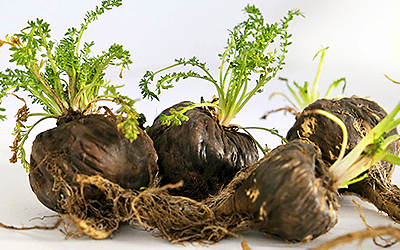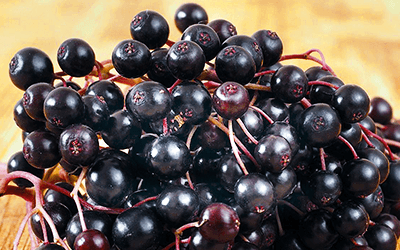A team of researchers from the University of Navarra, in Spain, recently published the results of a study examining the chemical composition of used coffee granules. Given the shifting opinions on the nutritional value of coffee - thanks to the discovery of a large antioxidant content in coffee beans - the team wanted to figure out the potential left by the cast offs created in the brewing process.1
The Study
Researchers used alkaline, acid, and saline solutions to extract the antioxidants from the used coffee granules. This allowed them to determine both the number of phenolic compounds still present in the grinds, as well as their potency.
The Results
Although the obvious expectation was to find a diminished amount of antioxidant compounds in the used grinds, the researchers found that the amount of antioxidant phenols was actually twice as high as the one in the freshly brewed drink.
What Does This Mean?
Antioxidants in general are believed to be beneficial for heart health and to delay aging; previous research last year had already found that the antioxidants in coffee seemed particularly helpful for the prevention of Alzheimer's disease.2
According to the researchers, used coffee grounds could be used as a cheap, environmentally-friendly additive to increase the antioxidant content of other processed foods. However, the researchers did not venture to tout used coffee grind for specific illnesses or disorders, and they stressed that more in-depth work needs to be conducted before any concrete assertions could be drawn from the initial findings.
Other herbs with antioxidant benefits are beet, blackberry, camu camu, and green tea.
Sources
- Journal of Agricultural and Food Chemistry, Assessment of Total (Free and Bound) Phenolic Compounds in Spent Coffee Extracts, 2015
Footnotes
- Antioxidants (Basel). (2013). Antioxidant and Antiradical Activity of Coffee. Retrieved December 16, 2024, from: https://pmc.ncbi.nlm.nih.gov/articles/PMC4665516/
- Journal of Alzheimer's Disease. (2010). Caffeine as a protective factor in dementia and Alzheimer's disease. Retrieved December 16, 2024, from: https://pubmed.ncbi.nlm.nih.gov/20182054/




